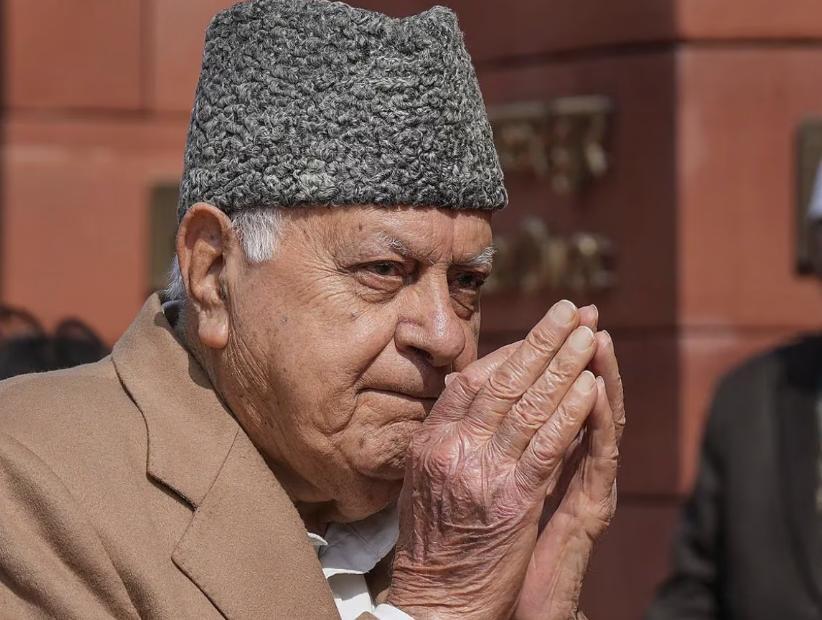
Ex-R&AW chief Dulat claims Farooq privately backed Article 370 abrogation, he denies
The abrogation of Article 370, which granted special status to Jammu and Kashmir, has been a contentious issue in India for a while now. The Central government’s decision to revoke the provision, which was seen as a major step towards integrating J&K with the rest of the country, has been met with protests and opposition from various quarters. In a recent turn of events, former R&AW chief AS Dulat has claimed that former J&K Chief Minister Farooq Abdullah privately backed the abrogation of Article 370.
Dulat, who has written a book titled ‘The Chief Minister and the Spy’, makes this claim in the book. The book is a memoir that chronicles Dulat’s experiences as the chief of the Research and Analysis Wing (R&AW), India’s external intelligence agency. In the book, Dulat claims that Abdullah had suggested that the National Conference (NC), the political party led by Abdullah, would support the abrogation of Article 370 if it was done discreetly.
According to Dulat, this suggestion was made by Abdullah during a meeting between the two in 2018. Dulat claims that Abdullah told him that the NC would back the move if it was done quietly, without making a big show of it. Dulat further claims that Abdullah believed that the abrogation of Article 370 would help in passing the Bill in Parliament.
However, Farooq Abdullah has denied Dulat’s claim, calling it a “figment of imagination” of the author. Abdullah has been a vocal critic of the Central government’s decision to revoke Article 370, and has been critical of the way the government has handled the situation in J&K.
Abdullah’s denial of Dulat’s claim has raised questions about the nature of their relationship and the accuracy of Dulat’s account. The two have been known to have had a close relationship, with Dulat having played a key role in facilitating the release of Abdullah’s son, Omar Abdullah, from house arrest in 2019.
The controversy surrounding Dulat’s claim has sparked a debate about the role of the Central government and the previous state government in the abrogation of Article 370. The Central government has maintained that the decision to revoke Article 370 was taken after careful consideration and consultation with various stakeholders.
The opposition parties, including the NC, have been critical of the government’s decision, saying that it was made without consulting the people of J&K and without taking into account their aspirations. The NC has also accused the government of using the armed forces to suppress the voices of the people of J&K and of violating their human rights.
The controversy surrounding Dulat’s claim has also raised questions about the role of the R&AW in the abrogation of Article 370. Dulat, as the chief of the R&AW, would have had access to sensitive information and would have played a key role in shaping India’s foreign policy.
The R&AW has been accused of playing a key role in the abrogation of Article 370, with some critics saying that the agency was used to gather intelligence and to build a case against the state government. The agency has denied any involvement in the decision-making process, but the controversy surrounding Dulat’s claim has raised questions about the agency’s role.
In conclusion, the controversy surrounding Dulat’s claim that Farooq Abdullah privately backed the abrogation of Article 370 has sparked a debate about the role of the Central government and the previous state government in the decision. The claim has also raised questions about the role of the R&AW in the abrogation and has sparked a debate about the agency’s involvement in the decision-making process.
Source:
https://repository.inshorts.com/articles/en/PTI/5880e3bf-0a05-40d6-887a-465b5c760b3a






